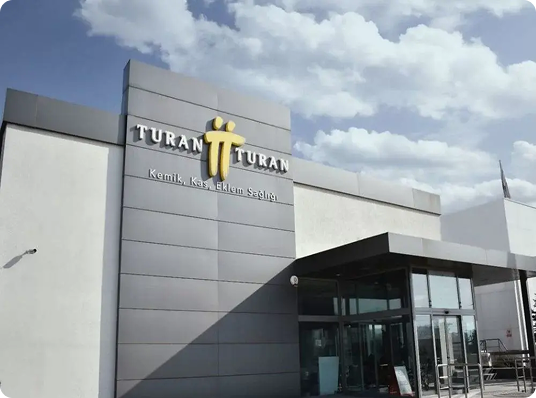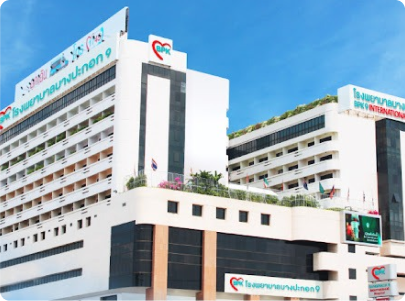Artificial Disc Replacement (ADR)
As a specialized medical solution, Artificial Disc Replacement (ADR) combines technological innovation, clinical expertise, and patient-centered strategies to optimize recovery, minimize complications, and ensure better overall healthcare experiences.
Get Expert Consultation
Speak with our medical travel experts to get personalized guidance for your procedure
✓ No commitment required • ✓ Expert guidance • ✓ Free consultation

Book Your Free Medical Consultation
Get expert advice—free and easy. Just fill out the form to start your health journey!
Key-Insights for
Artificial Disc Replacement (ADR)
Procedure Time
Typically takes 2-3 hours from start to finish
Recovery Period
Most people can resume normal activities within 1-2 weeks
Expected Results
Pain relief, improved mobility, and restored quality of life
Ideal Candidates
Individuals with severe degenerative disc disease or previous spinal fusion failure
Artificial Disc Replacement (ADR)
As a specialized medical solution, Artificial Disc Replacement (ADR) combines technological innovation, clinical expertise, and patient-centered strategies to optimize recovery, minimize complications, and ensure better overall healthcare experiences.

People seek these procedures for various reasons:
Aesthetic Enhancement
Persistent back pain that doesn't respond to conservative treatments
Corrective Purposes
Loss of mobility or stiffness in the neck or lower back
Functional Restoration
Previous spinal surgery failure or severe degenerative disc disease
Things to Check Before Treatment
- •Notify your doctor about any medications you're taking, including supplements
- •Stop smoking at least a week before the procedure
- •Get blood tests and other necessary lab work done to ensure you're healthy enough for surgery
- •Ask your doctor if you need to stop any medications or vitamins before the procedure
- •Understand the anesthesia options available and make an informed decision
Potential Risks
- •Infection at the incision site
- •Nerve damage that may cause numbness, tingling, or weakness in your neck or arms
- •Blood clots or bleeding during or after surgery
- •Reaction to anesthesia
- •Risk of pseudoarthrosis (a condition where a false joint forms) or nonunion (where the bone does not heal properly)
How to Choose the Right Country, Clinic, and Surgeon
Do's
Verify surgeon credentials (e.g. ISAPS, JPRAS)
Ask for before-after photos
Check language barriers
Review aftercare and follow-up options
Consider local laws on medical malpractice
Don'ts
Don't Choose a Clinic Based Only on Price
Don't Rely Solely on Social Media or Influencers
Don't Ignore Language Barriers
Don't Rush Into Surgery Without Research
Don't Assume You Can Fly Back Immediately
CureMeAbroad Services Are Absolutely Free.
You pay same rates for treatments as in the hospital's original price list.
CureMeAbroad Services Are Absolutely Free.
You pay same rates for treatments as in the hospital's original price list.


Book Your Free Medical Consultation
Get expert advice—free and easy. Just fill out the form to start your health journey!
Artificial Disc Replacement (ADR)
Frequently Asked Questions
This procedure involves specific medical techniques tailored to address particular health conditions. Your doctor will explain the detailed process based on your case.

Help Me Plan My Treatment Abroad
End to End Treatment Planning Specifically curated as per your need. Just a Call away


Help Me Plan My Treatment Abroad
End to End Treatment Planning Specifically curated as per your need. Just a Call away


Book Your Free Medical Consultation
Get expert advice—free and easy. Just fill out the form to start your health journey!



